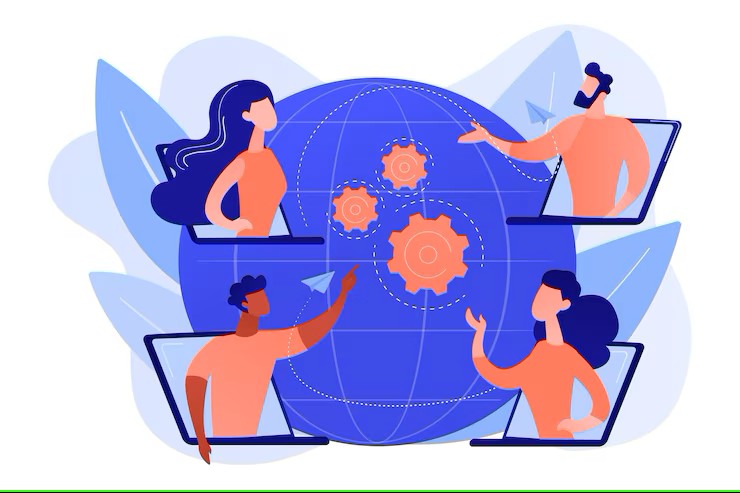The Confidence Factor: Training Agents for Resilience in a Digital Age

Contact centres in the digital age demand resilience—agents face rejection, complex tech, and rising customer expectations daily. Research shows confidence can be built, not just found, with strategies like role-playing and mentorship lifting sales performance. The talent crisis underscores retention’s urgency, while agent wellbeing ties to success. Add analytics for sharper management, and a path emerges: training for resilience. This article fuses these insights to frame resilience as key to thriving amid AI and customer demands, offering a curriculum to make it real.
Cold calling reveals resilience’s roots. Women often excel here—empathy turns “no” into rapport—but confidence falters under rejection or bias. Role-playing and mentors help, building assertiveness through practice. This isn’t just for sales; all agents need it—digital tools like AI shift grunt work, leaving humans to handle trickier calls. The talent crisis amplifies this: losing agents to burnout guts teams. Wellbeing matters—stressed agents crumble; supported ones shine. Analytics offer a boost, tracking performance to pinpoint where resilience wanes.
The digital age ups the ante. AI handles basics, but customers still vent at agents—resilience keeps them steady. Data shows who struggles—long silences, dropped calls—letting managers intervene. Confidence isn’t innate; it’s forged—practice beats fear, support beats isolation. Centres retaining talent win; those ignoring wellbeing lose. It’s a cycle: resilient agents lift CX, CX lifts morale, morale lifts retention.
Here’s a training curriculum with data-driven feedback loops:
- Module 1: Rejection Resilience
- Focus: Role-play tough calls—e.g., irate customers—three times weekly.
- Feedback: Analytics track tone steadiness; coaches tweak approach.
- Module 2: Tech Mastery
- Focus: Practise AI handoffs—e.g., “AI flagged this; I’ll help”—with mock systems.
- Feedback: Data logs errors; retrain on weak spots.
- Module 3: Mentorship Pairing
- Focus: Pair newbies with veterans monthly—e.g., shadow a top agent.
- Feedback: Surveys gauge confidence gains; adjust pairings.
- Module 4: Wellbeing Check
- Focus: Teach stress busters—e.g., five-minute breaks post-hard calls.
- Feedback: Analytics monitor call volume tolerance; flag burnout risks.
Imagine this: Sam, a new agent, dreads angry callers. Module 1 has him role-play—“I’m sorry you’re upset; let’s fix it”—until his voice steadies; analytics confirm progress. Module 2 drills AI use—he nails handoffs, data showing fewer fumbles. A mentor, Priya, shares rejection tales in Module 3; Sam’s confidence spikes, survey says. Module 4 spots his overload—analytics flag a dip after 20 calls—so he gets breaks, staying sharp. Six months in, Sam’s a rock—CX scores rise.
The payoff’s clear. Resilience cuts turnover—data proves trained agents stay longer. Confidence lifts performance—role-playing mirrors sales success. Wellbeing reduces sick days—supported agents cope better. Analytics tie it together—real-time stats show who needs what, when. Compare this to sink-or-swim training: agents quit, CX tanks, costs soar. Digital demands—AI, pace—crush the unprepared.
Data drives it—clean metrics (e.g., call length, tone) ensure precision. Wellbeing’s not fluffy—burnout’s a crisis fuel. Mentorship scales confidence—veterans lift rookies fast. Start small—train a team, track retention—then roll out. By 2025, resilient agents are gold—centres building them now will lead.
Resilience isn’t luck; it’s craft. Contact centres training for it—data-smart, human-strong—turn digital stress into strength.
Sources:
- “Women in Workforce” (Contact Centre Pipeline, March 2025)
- “The Contact Centre Talent Crisis – Part 1” (Contact Centre Pipeline, March 2025)
- “How to Enhance the Human Touch” (Contact Centre Pipeline, January 2025)
- “Harnessing the Power of Data and Analytics – Part 2” (Contact Centre Pipeline, February 2025)


